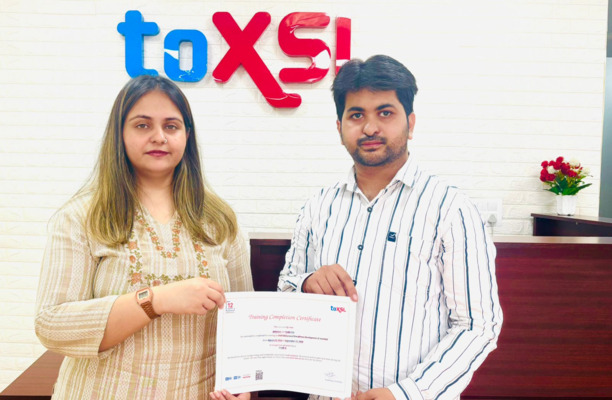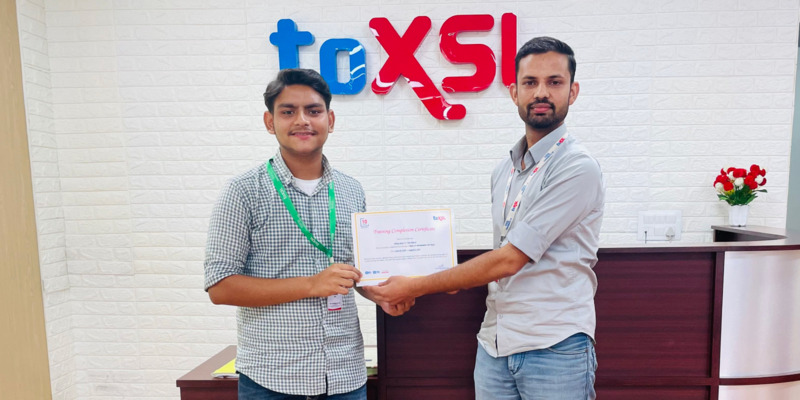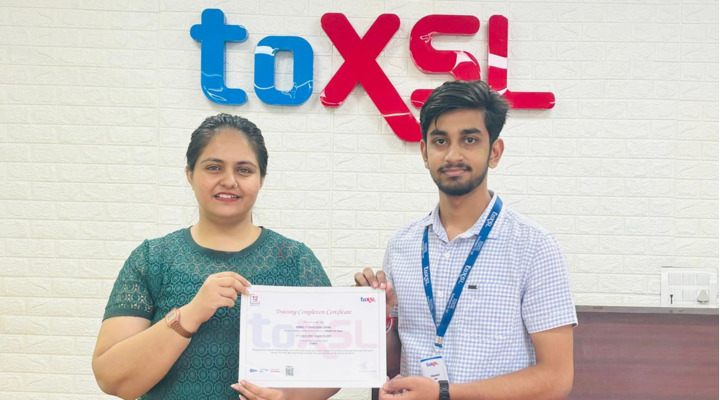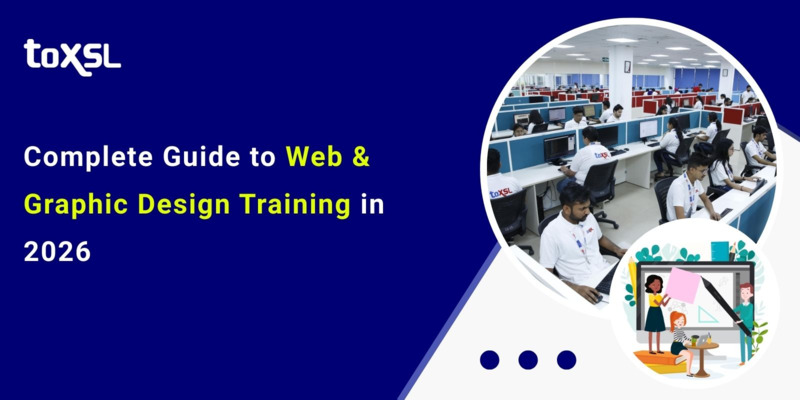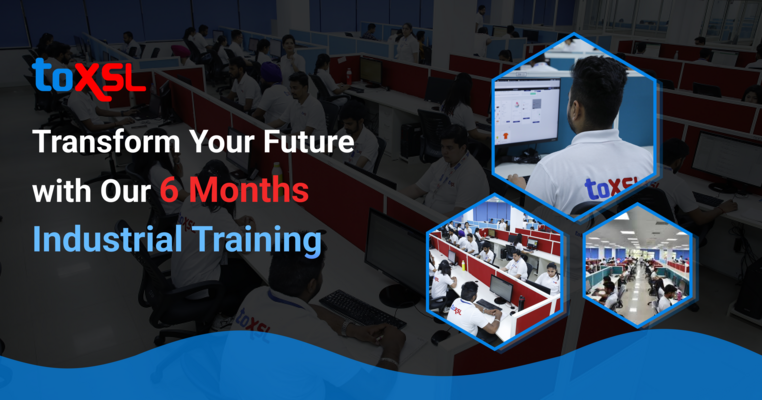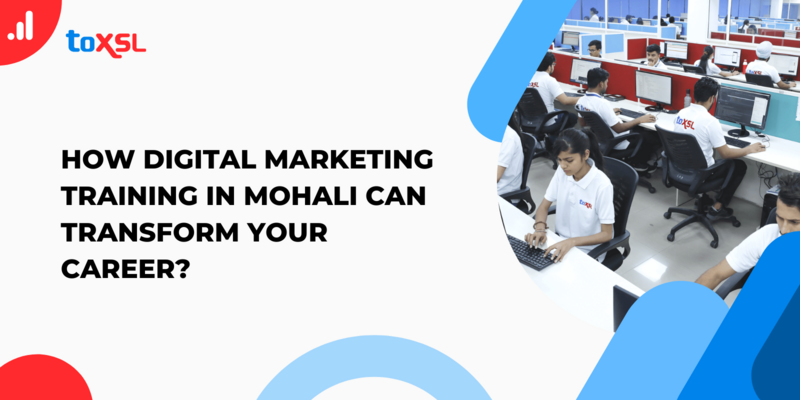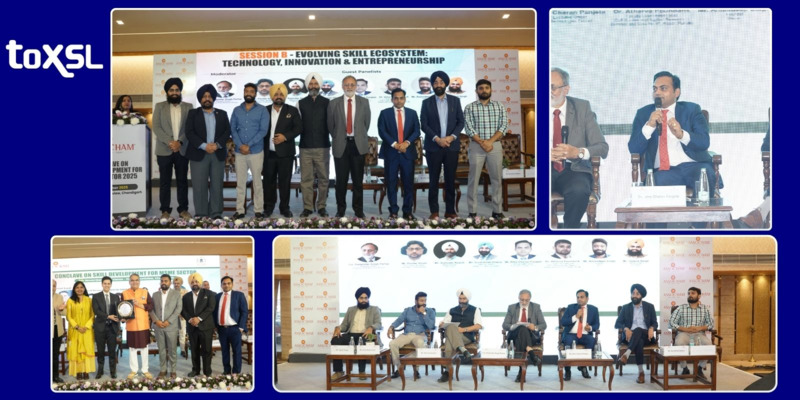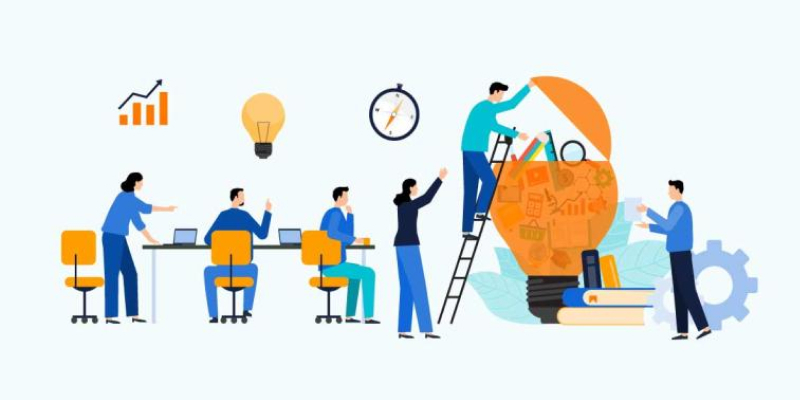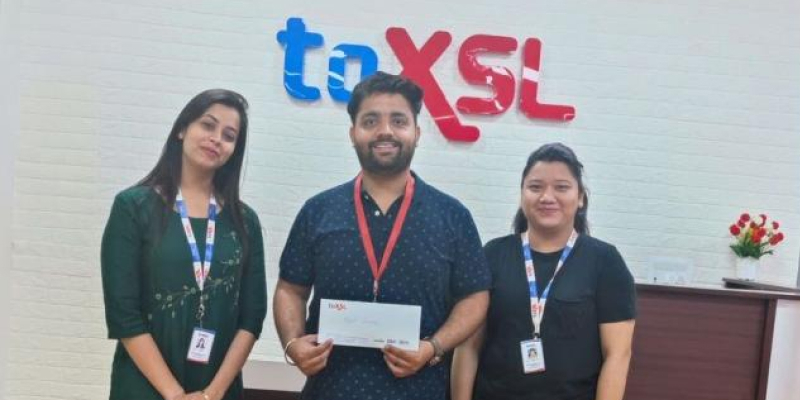
May 24, 2023
Trainings
Training holds a significant place in our education program. By organizing expert training sessions, we can provide students with an opportunity to collaborate with industry specialists. Additionally, they can apply their theoretical knowledge to practical activities of their choice.
We extend our heartfelt congratulations on successfully completing your training. Your diligent efforts have borne fruit, and we anticipate a rewarding association with our organization.
Congratulations on successfully completing your training. We are sure that it will be a great stepping stone to a successful career in the future
